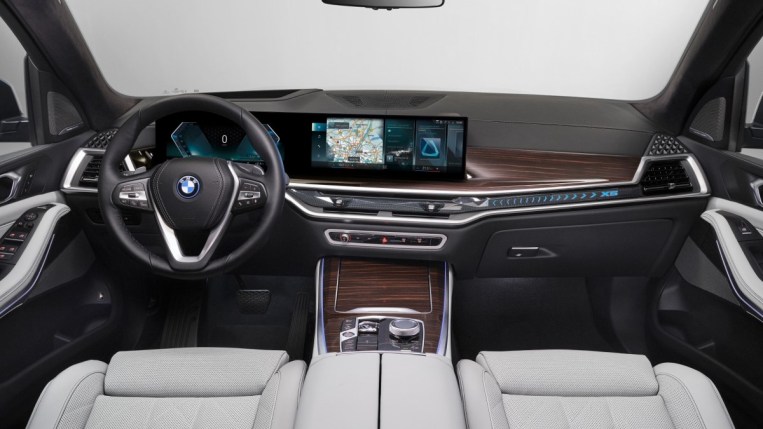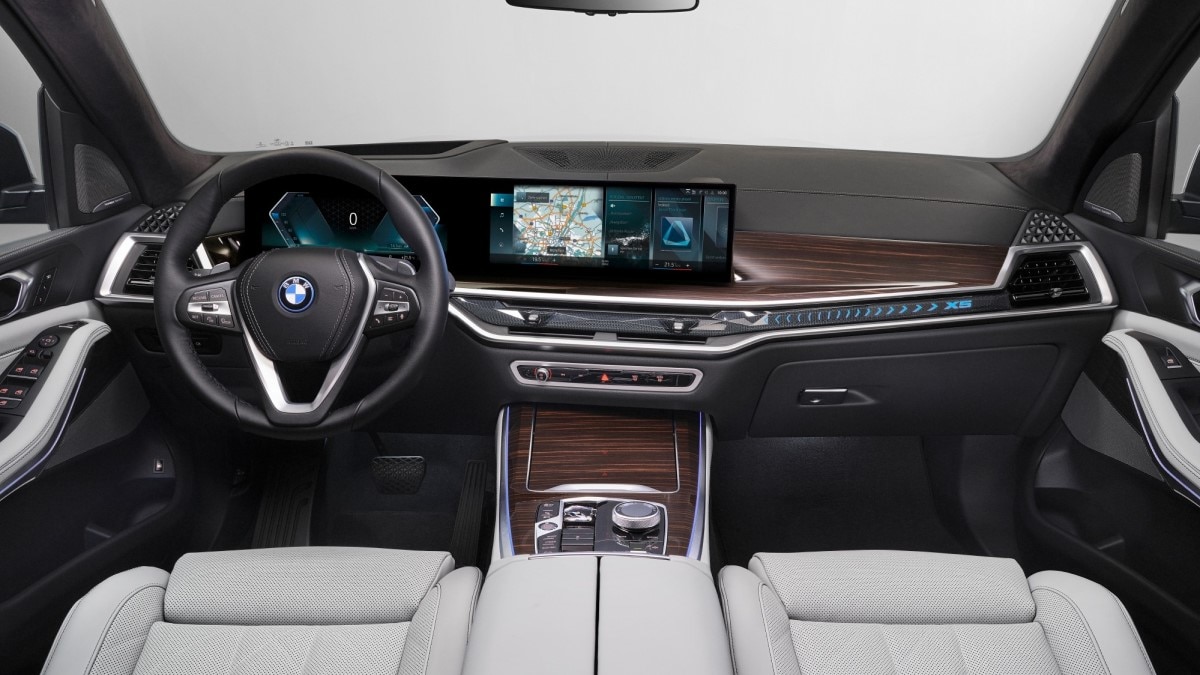 At present, most automobile buyers pay for his or her automobile after which personal it. Sooner or later, they could not fairly personal their vehicles. Moderately, by way of a fancy collection of transactions, they could pay as in the event that they personal it however spend years renting its options.
At present, most automobile buyers pay for his or her automobile after which personal it. Sooner or later, they could not fairly personal their vehicles. Moderately, by way of a fancy collection of transactions, they could pay as in the event that they personal it however spend years renting its options.
Drivers have been clear – they don’t like this concept.
Many automakers are making ready for it anyway.
However there’s a 3rd social gathering within the debate. Automotive sellers are starting to weigh in. They’re towards the concept. Or maybe they’re towards it except they get their minimize (therefore the asterisk in our headline). The difficulty is evolving shortly.
Extra and Extra, Automakers Again Subscriptions
Most of at this time’s new vehicles are at all times related to the web. This might reshape the auto business and the way in which People consider proudly owning a automobile.
Historically, buyers choose the options they need on their automobile on the time of buy. They then pay a set worth for the automobile, or tackle a mortgage with month-to-month funds that don’t fluctuate, to drive it house. Automakers typically bundle options into trim ranges or packages – in order for you the heated seats, it’s important to pay for a premium audio system and leather-based steering wheel, too — to make constructing vehicles in bulk simpler.
Linked vehicles, nonetheless, imply that automakers can monitor and talk along with your new car lengthy after you drive it house.
Some have begun experimenting with options they will swap on and off remotely.
That would radically reshape how vehicles are constructed.
Automakers might construct each function into each automobile that leaves the manufacturing unit, meting out with the concept of trim ranges and choices completely. That simplifies their provide chains and manufacturing processes, saving them cash.
They may then activate or deactivate options at any time.
House owners might subscribe – a month-to-month price for the heated steering wheel, for example, or separate month-to-month charges to make use of 4, eight, or all 16 audio system constructed into your automobile. The thought wouldn’t work for non-electronic options like leather-based seating. But it surely might work for heated seats, units of audio audio system, and even horsepower and suspension tuning, all of that are more and more software-controlled.
BMW is experimenting with the concept within the U.S. market. Mercedes, too. That firm now permits homeowners of its electrical vehicles to pay a yearly price for added horsepower.
Each Hyundai and Common Motors, in the meantime, have informed traders they plan to promote subscription providers.
The Finish of Automotive Possession?
Some patrons may just like the added flexibility.
House owners might alter their month-to-month funds to replicate their monetary circumstances. They may flip off options once they’re not essential. And proudly owning a luxurious automobile could possibly be extra in attain for some individuals if their current automobile might develop extra luxurious with a couple of faucets in a cellphone app.
But it surely might additionally finish the concept of ever paying off your automobile.
Even shopping for a used automobile may not prevent from the charges. Automakers might proceed to cost subscription charges for automobile options no matter what number of palms a automobile had handed by way of.
Many say it’s not a worthwhile commerce. In a 2022 survey, Kelley Blue E book guardian firm Cox Automotive discovered that only a quarter of buyers say they’d take into account paying subscription charges.
They could have an ally within the struggle due to the bizarre nature of automobile gross sales in America.
The Automotive Enterprise Is Bizarre
The automobile enterprise is not like another.
The businesses that construct vehicles and the businesses that promote vehicles are generally companions and generally rivals. Lately, their enmity is exhibiting up in state legislatures, the place one aspect is lobbying to vary the opposite’s plans.
A handful of comparatively younger automakers, like Tesla and Rivian, promote vehicles on to patrons by way of their web sites. However most automakers promoting vehicles within the U.S. promote by way of dealerships they don’t personal.
A automobile dealership is a third-party enterprise that buys vehicles from factories and sells them to patrons. They work intently with automakers and infrequently have the unique proper to promote a model in a selected space. However they’re separate companies and don’t at all times have the identical pursuits.
Automotive gross sales are ruled by state legislation, so dealership teams typically band collectively to attempt to affect state legislatures. More and more, they’re speaking to legislatures about in-car subscriptions.
Lobbying Simply Starting
Commerce publication Automotive Information experiences that a number of legislatures “need to spell out sellers’ position in collaborating in future subscription income that automakers could search to activate with over-the-air software program updates.”
Final yr, a pair of New Jersey lawmakers proposed an outright ban on in-car subscription providers. In January, a bunch of Massachusetts legislators launched an analogous invoice. That invoice particularly states that “No supplier of a motorized vehicle shall provide or cost to a shopper a subscription service for any motorized vehicle function,” leaving open the query of whether or not automakers themselves might cost such charges.
Seller teams in different states, AN experiences, are “backing laws to amend franchise legal guidelines that govern the connection between dealerships and the automakers whose manufacturers they promote.” That would embrace eliminating subscriptions or requiring some income from subscription charges to go to dealerships.
Len Bellavia of Bellavia Blatt in Mineola, N.Y., a legislation agency representing sellers on franchise legislation points, tells AN that automakers would basically be promoting vehicles “in a piecemeal style” by promoting subscriptions to their elements.
“That can take an enormous quantity of income away from every dealership going ahead and persevering with every year,” Bellavia mentioned.


